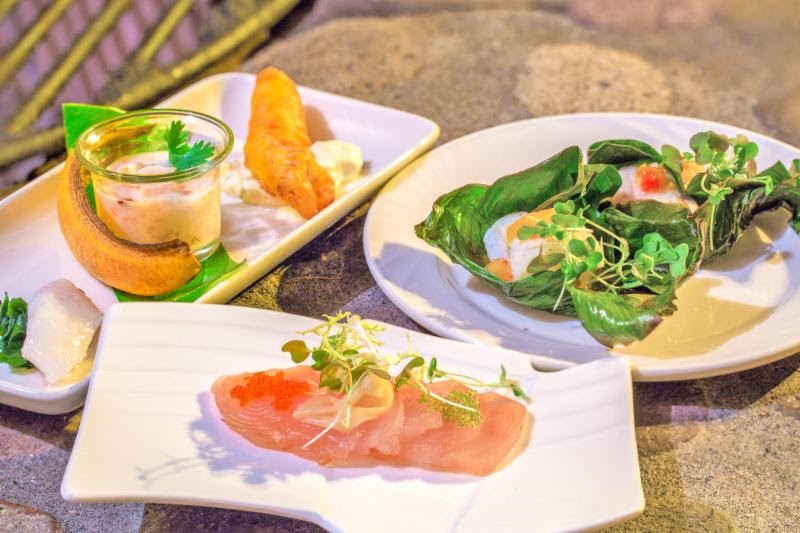
ST. LUCIA - Lionfish, one of the most destructive invasive fish species ever to reach the Caribbean, are wreaking irreparable damage on coral reefs by eating practically everything they come across. And they eat a lot: A lionfish's stomach can expand up to 30 times its normal size.
It has become of particular concern to environmentalists who lament the fact that lionfish, with no natural predators in the Caribbean, continue to grow at an alarming rate, with scientists fearing the invasive species may never be entirely eradicated from the region's seas.
But, a high-end resort company in St. Lucia is doing its bit by including the fish as part of its famed cuisine.
Karolin Troubetzkoy, executive director of the storied Jade Mountain and its sister resort Anse Chastanet, together with her culinary team, have launched a "conservation cuisine" initiative preparing the lionfish as a delicacy.
"It is not much of a stretch," declared Troubetzkoy. "Lionfish is a white flaky, but firm, fish with a flavor between grouper and mahi mahi."
To ensure diners get to try as many takes on the fish as possible, Troubetzkoy said, "we are serving a multi-course dégustation menu with paired New World wines, in which we showcase the quality and taste of this very unique fish."
Diners, seated at a romantic beachside candlelit restaurant, are served lionfish as pure sashimi, citrus ceviche wrapped in a crispy tortilla, and either grilled or stewed with the flavors of St. Lucia. "It is always delicious and a very special dinner experience prepared by our best passionate chefs and sommeliers," she said.
And for the diving enthusiasts, the resorts' scuba operation Scuba St. Lucia has introduced PADI's "Invasive Lionfish Tracker Specialty Course", which takes guests on two dives to learn about controlling the invasive lionfish population and discover practical methods for humanely capturing and euthanizing these fish.
Lionfish reach adult size at about two years old, and it's safe to say they won't get anywhere near the endangered species list because a female lionfish can release between 10,000 and 30,000 unfertilized eggs every four days, or about two million eggs per year.
"So, bon appétit and save our seas!" Troubetzkoy quipped.


